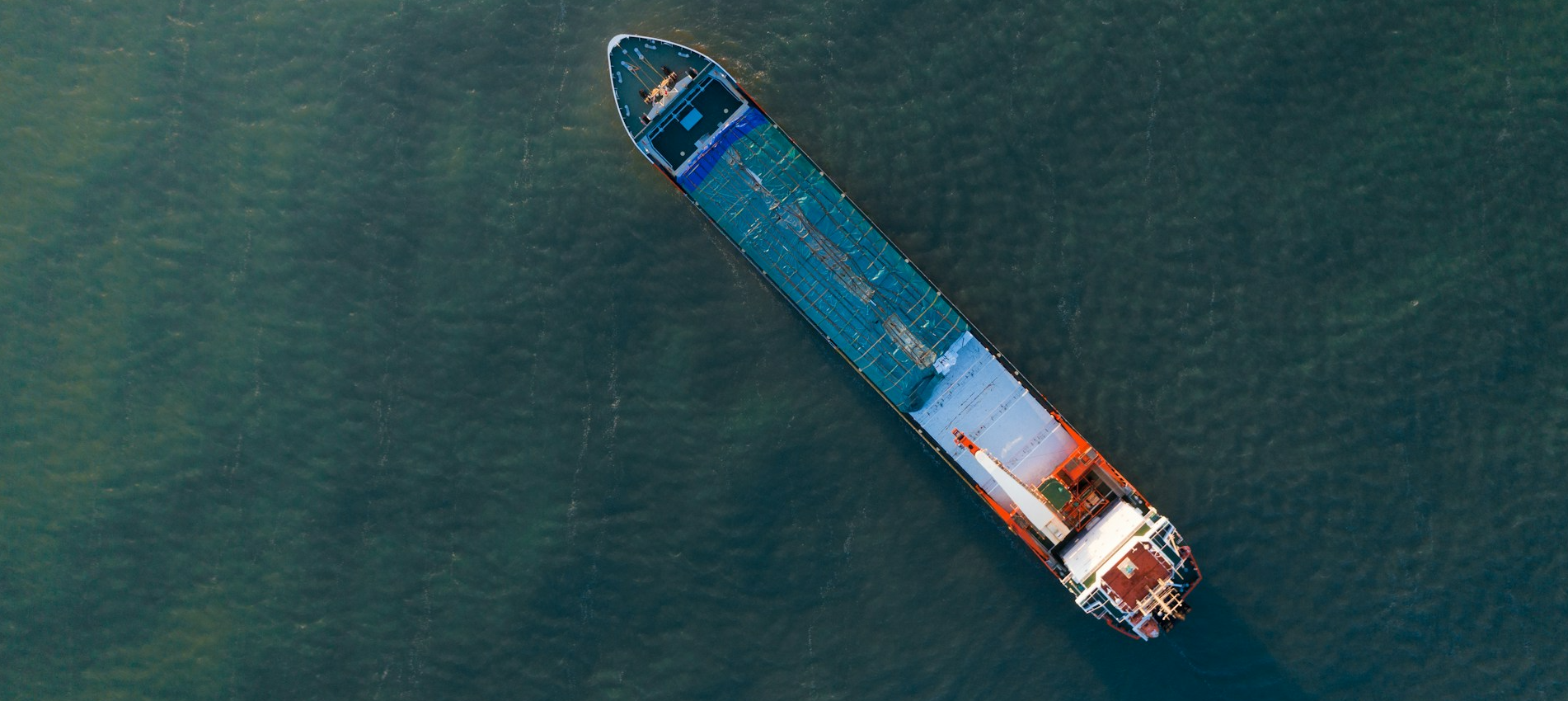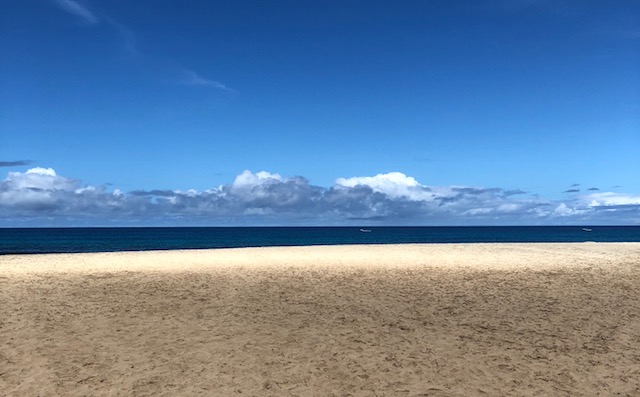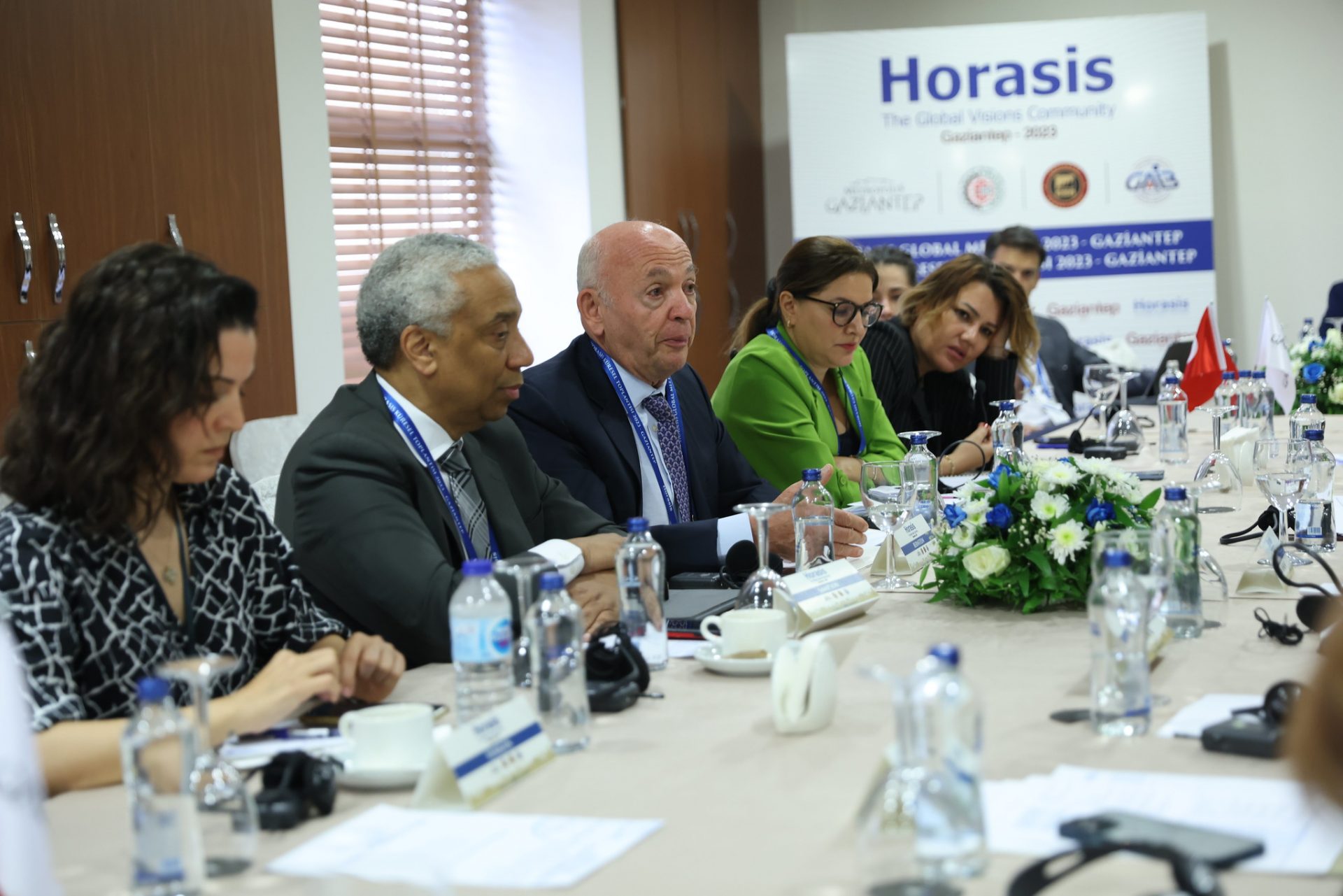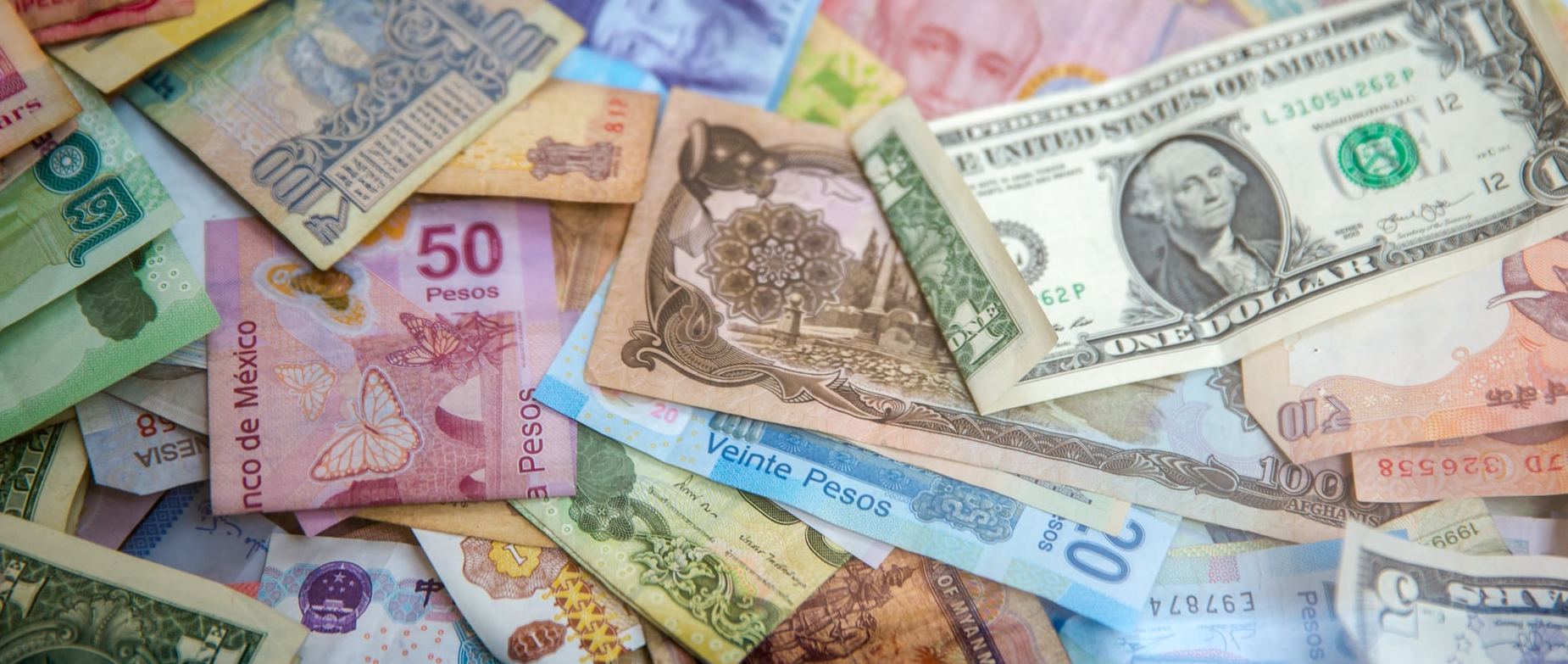Global Cooperation Key to Economic Growth
The global economy is in a constant flux, particularly now. The Global Financial Crisis of 2008-09 saw global growth plummeting to -1.3% in 2009, and then again growing by 4.5% in 2010. Since then, global economic growth has averaged about 3%. But this was short-lived, as COVID-19 had devastating repercussions on the global economy, reducing growth to nearly -3% in 2020. Notwithstanding the impacts of the pandemic, the global economy was quick to register a growth of 6.4% in 2021.
In its April 2025 update on the world economic outlook, IMF revised growth from 3.3% in both 2025 and 2026, to 2.8% in 2025 and 3% in 2026, owing to US President Trump’s April 2 “Liberation Day” tariffs. The new set of tariffs announced by the US on its trading partners, brings great uncertainty towards trade, impacting demand momentum and growth. All this while negotiations continue to be thrashed out.
Headline global inflation is expected to ease to 4.3% in 2025 and drop further to 3.6% in 2026. Lower inflationary prices will certainly push consumption, but other factors such as uncertain trade policy measures, higher interest rates owing to exchange rate volatility, rising incomes and cost-of-living gaps, and increasing challenges to global cooperation may decelerate global growth.
Rising protectionist measures, including US’ tariffs, have added complexity to international trade dynamics, impacting global growth. Ursula Von Der Leyen, president of the European Commission had this to say on Trump’s tariff catastrophe: “President Trump’s announcement of universal tariffs on the whole world, including the EU, is a major blow to the world economy. Uncertainty will spiral and trigger the rise of further protectionism. The consequences will be dire for millions of people around the globe.”
Protectionist policies have no winners. Most believe US’ stance of high tariffs on its trading partners, will also impact it. Experts are of the belief that chance of a US recession in 2026 is 60%, while the next four years could be even higher. Several countries have already imposed reciprocal tariffs on US goods, greatly impacting large US producers. US consumer sentiment also remains low due to uncertainty around how Trump’s tariff policy will impact prices of imported products. Consumer spending remains uncertain and at a constant flux.
How is Brazil Coping?
After Trump’s tariffs on April 2, 2025, Brazil was quick to pass a reciprocity bill, giving the country powers to retaliate against tariffs imposed on Brazilian goods by any country. Furthermore, Trump’s stand against multilateralism, provides Brazil with the opportunity to expand relations with China, Russia, and the Global South.
To reaffirm its position on climate change, multilateral governance, and energy transition, Brazil is hosting a range of key global summits such as the upcoming BRICS annual summit in July 2025, and the COP30 in Belém, Brazil in November 2025. Brazil is positioning itself as a bridge-builder between developed and developing nations amid global geopolitical instability. Horasis is also hosting its upcoming Horasis Global Meeting, which is in its 10th edition. Scheduled between 7 to 10 October 2025 in São Paulo, Brazil, the meeting will draw together opinions and experiences of global leaders from various backgrounds on finding cooperative frameworks to overcome our present challenges.
Brazil is taking a balanced approach in advancing economic growth in the country while ensuring sustainability. Renewable energy now accounts for more than 80% of the country’s entire electricity generated. The Brazilian government has also initiated the New Growth Acceleration Program, investing on environmentally sustainable projects, fostering a greener economy. Brazil is also taking steps against illegal deforestation in the Amazon by imposing fines and embargoes. The goal is to eliminate deforestation in the Amazon by 2030.
Fostering Global Cooperation
It is imperative that the Global North, which are the developed economies of the world, collaborate with the Global South nations, which are the developing economies, to promote inclusive and sustainable growth. There are several strategies that can be applied to enable and enhance participation between the two.
Ongoing global issues warrants representation from underrepresented communities, including youth and indigenous people. Inclusive representation will help in the establishment of global solutions that work for all.
Leaders of the world should also be open to the idea of involving smaller nations in challenges like climate change to ensure collective reduction in emissions and enable seamless movement of climate financing. Countries should come together in mandating standards and frameworks around the development and use of AI to support innovation and close the digital gap.
As António Guterres, UN’s secretary general had rightly said in his opening remarks at the Summit of the Future in New York on September 2024: “Our world is going through a time of turbulence and a period of transition. But we cannot wait for perfect conditions. We must take the first decisive steps towards updating and reforming international cooperation to make it more networked, fair and inclusive – now.”
Photo Caption: Rising protectionist measures, including US’ tariffs, have added complexity to international trade dynamics, impacting global growth.



